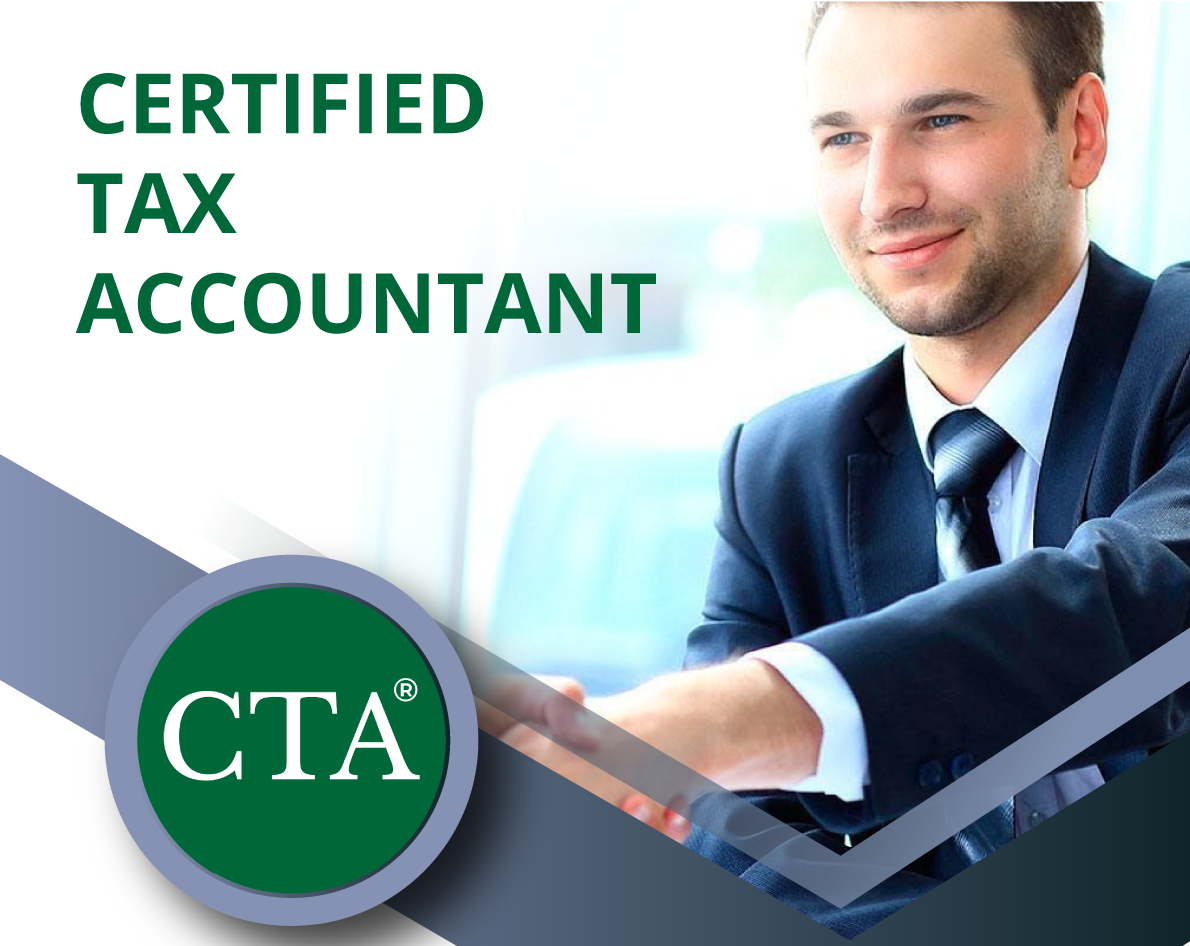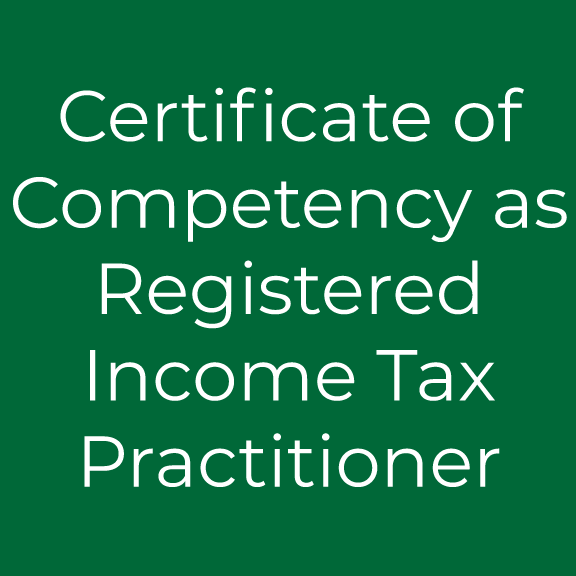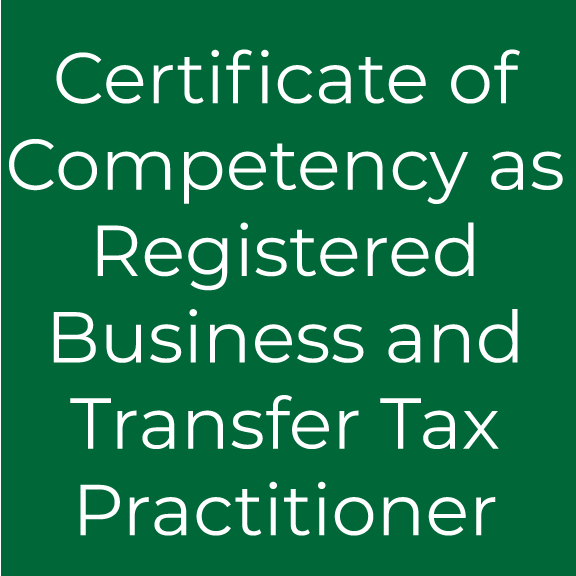
TRAINING AND EXAMINATION FEES
Student
per Level
Professional
per Level
Overview
CTA Level 1

Registered Income Taxation Practitioner
CTA Level 2

Registered Business and Transfer Taxation Practitioner
CTA Level 3

Certified Tax Accountant
This professional field of accounting practice is greatly in demand on account of compliance to government regulatory rules. The various skills covered by this certification includes that of income taxation, estate tax, donor’s tax, excise and documentary stamp taxes, value added tax, percentage tax, local government tax, special taxation, and preferential taxation.
The more important part of this certification is the proven ability of the holder to accomplish applicable tax forms relating to reportable economic transactions in accordance with the prescribed rules and laws and their respective remedies thereof. A holder of the CTA professional title gives assuring confidence to the client of the practitioner’s competence in handling tax matters at the most beneficial results to the tax paying party within the ambit of laws, rules, and procedures.
This lucrative practice of professional accountant is engaging and distinctively a professional practice in the fields of law and accounting.
Benefits of CTA
- Entitlement to the post initial, ritp, rbttp, and CTA.
- Membership I.D. with designation as
— Registered Income Taxation Practitioner
— Registered Business and Transfer Taxation Practitioner
— Certified Tax Accountant.
Course Outline
Registered Income Taxation Practitioner
Fundamentals of Taxation
- Principles of Taxation
- Tax Remedies
Income Taxation
- Taxpayer and tax base
- Gross income
– Inclusions in the gross income
– Exclusions/exemptions from gross income
– Income from compensation
– Income from business
– Passive income subject to final withholding tax
– Capital gains
- Deductions from gross income
– General type of Deductions
– Non deductible expenses
– NOLCO
– Special type of Deductions
- Accounting periods
- Accounting methods
- Tax return preparation and filing and tax payments
- Withholding taxes (at source, expanded or creditable withholding tax, final withholding taxes and withholding tax on government payments)
- Compliance Requirements
Effective Communication to Stakeholders
- Tax Function
- Tax Strategy
Code of Professional Ethics
- Code of Professional Ethics for Tax Practitioners in the Philippines
How to Get Certified
Training
Register for the CERTS training to gain access to learning resources such as video lectures, study notes, exercises, and assessments.
Attend the live Online Mentoring Session (OMS) as schedule to further refine your preparation.
Simulation Exam
Take the Simulation Examination (SimEx) as scheduled. It comprises of sixty (60) questions for three (3) hours. A learner must earn a rating of at least 35/60 to qualify for the Actual Examination. A learner who failed the SimEx may retake on the next schedule for a minimal fee.
Examination
Qualified candidates shall be indorsed for the CTA examination as scheduled. The examination comprises of sixty (60) questions budgeted for three (3) hours. An examinee must earn a minimum rating of 75% to pass.
Title / Certification
Candidates who passed the CTA examination may now apply for certification.
